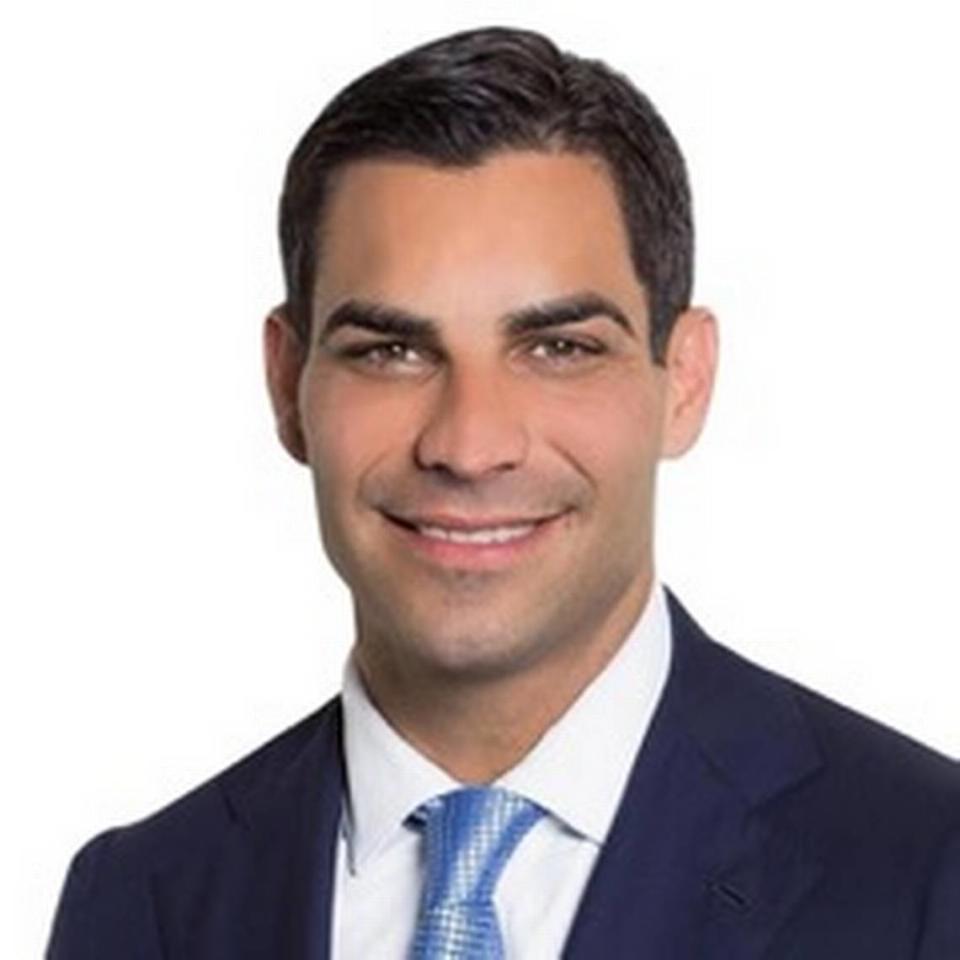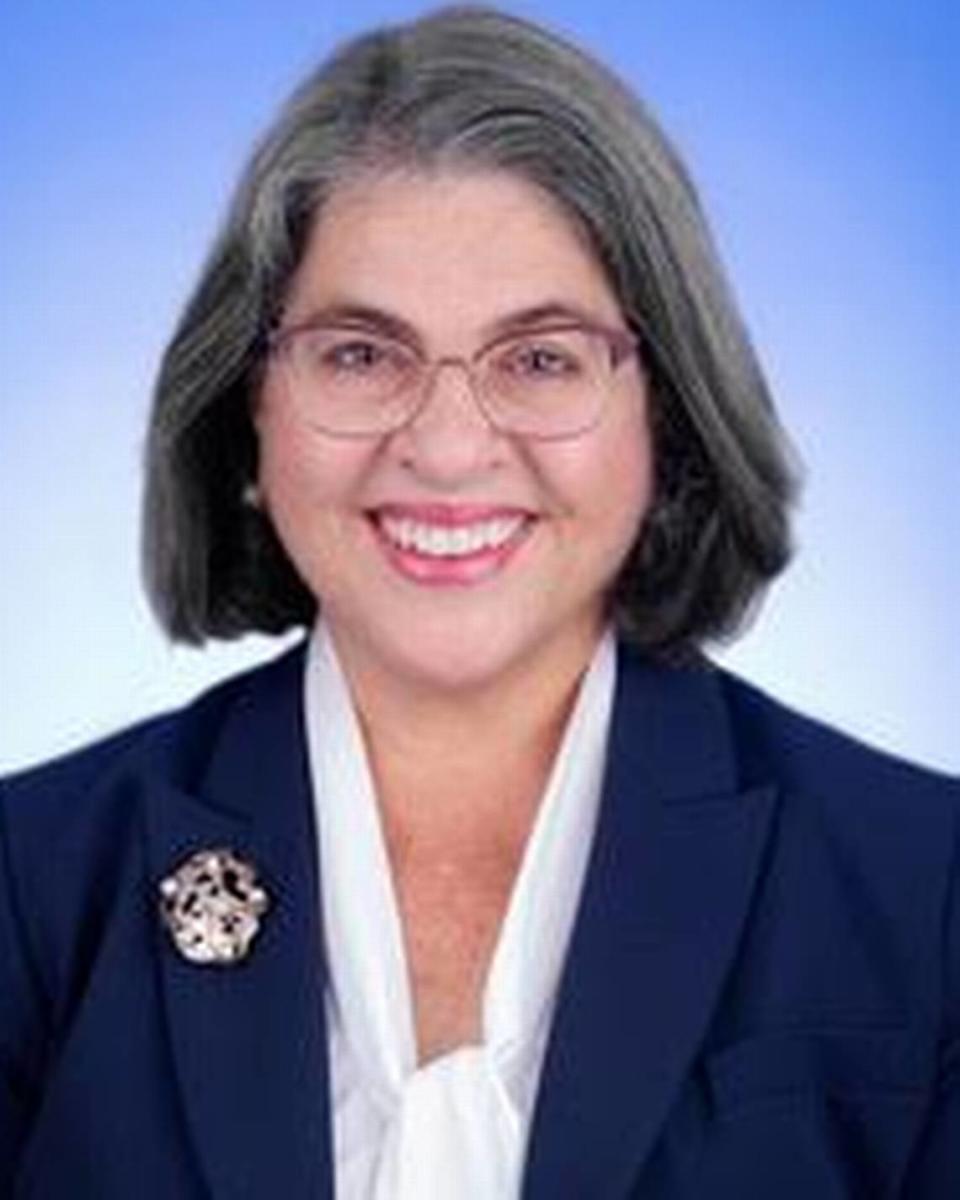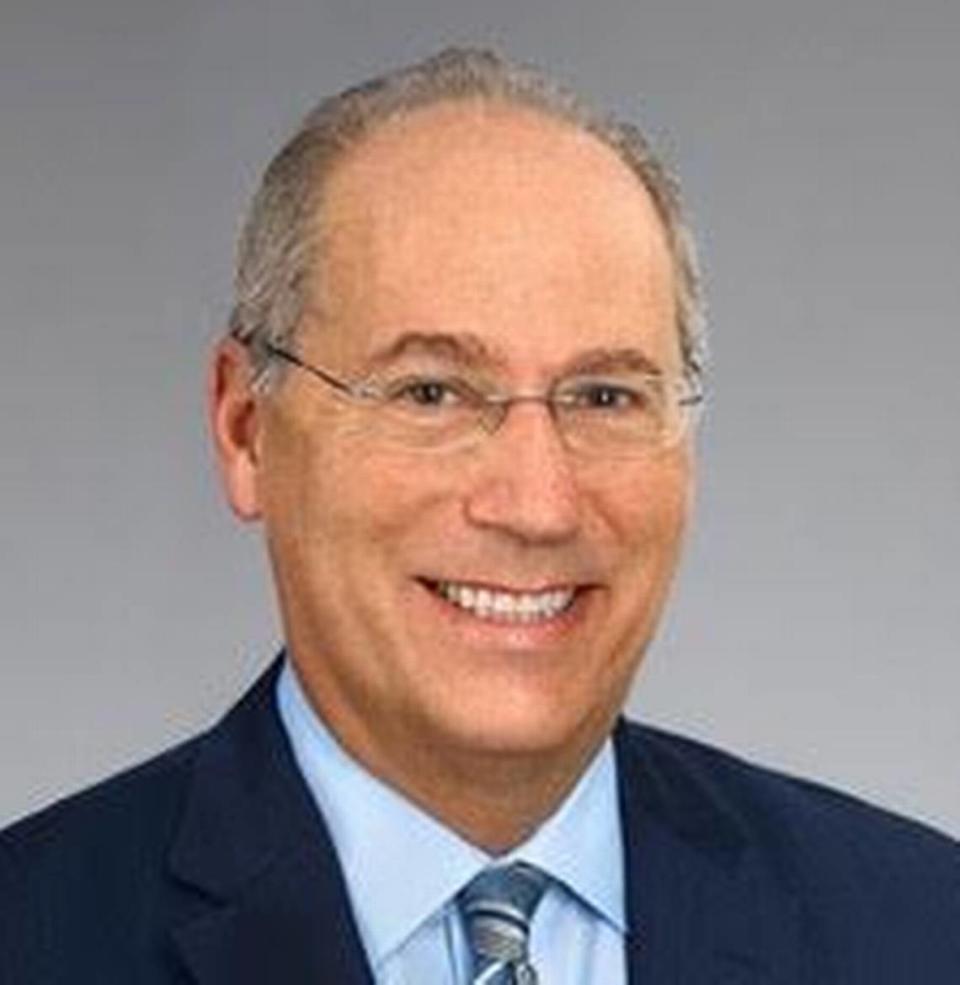Greater Miami, Beaches taking the lead to protect residents from climate change | Opinion
At this pivotal moment for avoiding devastating climate impacts, leaders of Greater Miami and the Beaches are ready to partner and collaborate with all levels of government, business, academia and civil society to re-imagine, then build a resilient society — one that lives in harmony and respect for the natural environment, in cooperation with one another to create economic opportunity for all.
The alarm bell is ringing loud and clear. We already are witnessing the bleaching of coral reefs, fish kills in Biscayne Bay, sunny-day flooding that stops the flow of traffic and overflowing septic tanks. In 2017, Hurricane Irma cost our region more than $50 billion. The damages would have been closer to $300 billion if the hurricane had hit Miami directly.
Our average elevation of six feet and porous limestone foundation make us particularly vulnerable to sea level rise, which is why Greater Miami and the Beaches has a big stake in national and international commitments to reduce greenhouse-gas emissions, the pollutants that contribute to warming temperatures and rising seas. Our constituents and local leaders are aware that in order to preserve and protect our piece of paradise, we must take real and robust action now.
This Earth Day, we are further strengthening our collective action by committing to net zero carbon emissions by 2050, with the most dramatic decreases in the next 10 to 15 years. This commitment builds on our Resilient305 strategy released in 2019. Supported by more than 30 mayors in Greater Miami, Resilient305 includes policies and initiatives to increase buildings’ efficiency and resilience, expand electric vehicles and transit infrastructure, prioritize bicycle and pedestrian infrastructure and expand living-wage job opportunities in clean and resilient energy, buildings and infrastructure.
However, we cannot get to net zero alone — and our actions would be of little consequence — without robust national and international commitments, investment and action. Therefore, we applaud the Biden administration’s leadership to reenter the 2015 Paris Agreement, commit to robust reductions of greenhouse gas emissions and convene the highest emitting nations to prepare mutually supportive reductions in preparation for the 26th U.N. Climate Change Conference of the Parties in Glasgow, Scotland, this November.
As with many others joining the Race to Zero, we have not stood idly by waiting for national leadership. We have the plans, partnerships and funding available to match federal investments from the American Jobs Plan. We know that investments in clean, resilient infrastructure and affordable housing will provide returns of as high as nine to one and, therefore, do not see these as partisan issues in Greater Miami.
Together, we can create a model for a clean, resilient and inclusive global metropolitan region. We may be vulnerable, but we have collective political will to act.
Francis X. Suarez is mayor of Miami. Daniella Levine Cava is mayor of Miami-Dade County. Dan Gelber is mayor of Miami Beach.




 Yahoo Movies
Yahoo Movies 
